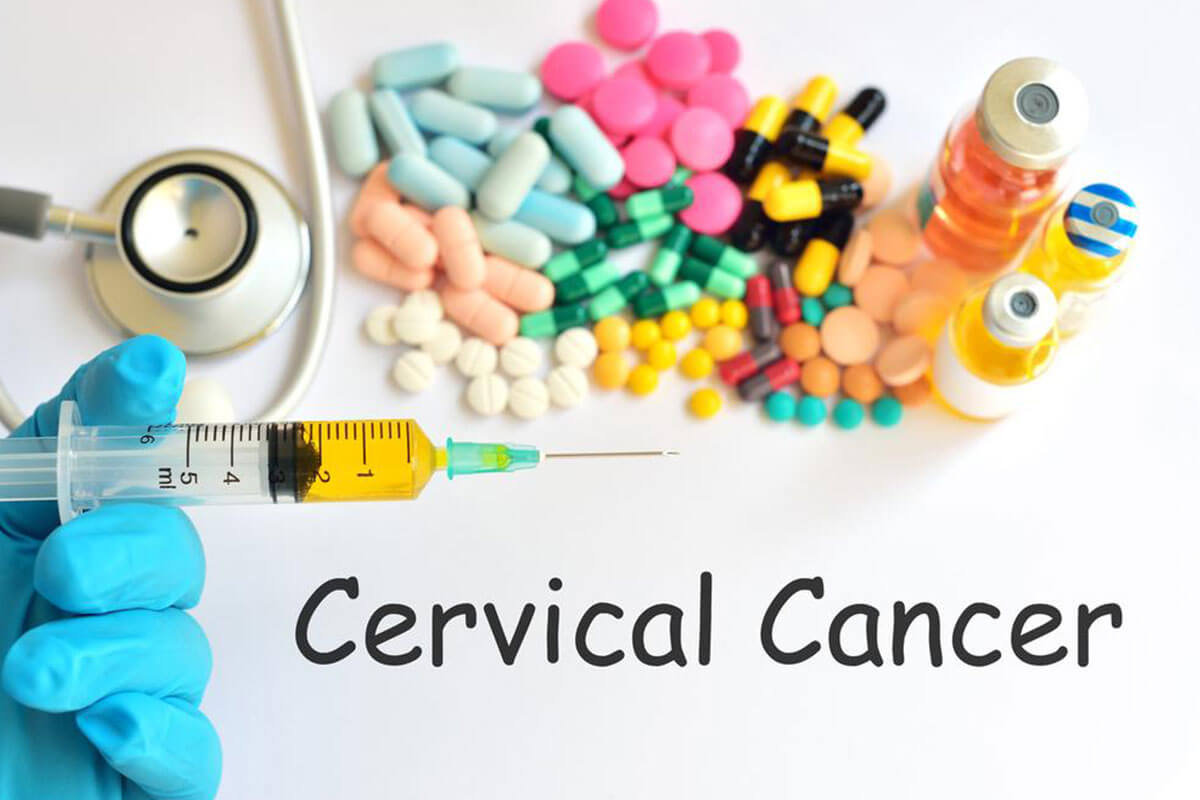
Tips
Treatment Methods to Relieve Chronic Endometriosis Pain
Pain in the pelvic region, which lasts over six months, is considered to be chronic. One of the common causes of chronic pelvic pain in women is endometriosis. Approximately 50% of women experiencing chronic pelvic pain may be suffering from endometriosis. Chronic pain in the pelvic area is a major warning for endometriosis. However, the extent and duration of chronic endometriosis pain are not dependent on the severity of the disorder. You could face severe endometriosis with little to no pain, or even milder endometriosis with agonizing pain. So remember that the severity of chronic endometriosis pain does not indicate the degree or stage of the condition. What is Endometriosis? When the thin layer of tissue in the uterus called the endometrium grows outside its normal location, it’s called endometriosis. This tissue grows inside the uterus and flushes away in the course of a normal menstrual cycle. Endometriosis leads to lesions in the affected areas. Endometriosis lesions appear as spots and can cause pain and discomfort. 13 Common Symptoms of Endometriosis Women who have experienced or are currently experiencing chronic endometriosis pain usually display the following symptoms: Abdominal pain Painful menstruation or primary dysmenorrhea Menstrual cramps in the lower back or secondary dysmenorrhea Discomfort accompanied by irritable bowel movement Infertility Dragging upper leg pain Pain during sexual intercourse Psychological trauma Severe headaches or migraines Fatigue and joint pain Prolonged or heavy menstrual bleeding (menorrhagia) Pain resulting from side effects of medicines and treatment Even with no symptoms, you must get regular medical examinations done.













